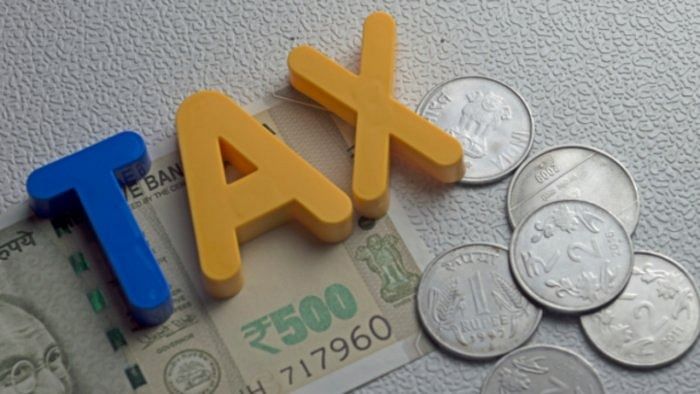
Finance Minister Nirmala Sitharaman is set to unveil Union Budget for the fiscal year 2022-23 on February 1. This is the second Budget to be announced while India and the world struggle to put an end to the Covid-19 pandemic. Many tax experts have called for government interventions in the current system to aid Indians who have suffered economically over the past two years due to frequent shutdowns and curfews on people's movements.
The Centre is reportedly mulling an increase in standard deduction for salaried employees to help deal with rising inflation and unexpected expenses that arose due to Covid-19.
The government taxes people on various levels, mainly through two channels: direct and indirect taxes. Direct taxes fall on individuals and corporations based on their earnings, called income tax and corporate tax. Property tax is yet another type of direct tax.
Then what is Indirect Tax?
Indirect taxes are imposed on goods and services. They are paid by consumers indirectly at the time of buying goods and services. Tax levied on the seller of goods and service providers but often gets passed on to the end consumer and hence the consumer bears the tax. An indirect tax is levied at the same rate for everyone irrespective of their income. Service tax, excise duty, entertainment tax, customs duty, securities transactions tax, stamp duty are some of the widely applied indirect taxes.
GST Council is the decision-making body for the Goods and Services Tax and the Union Budget has nothing to do about it. GST is mentioned in an invoice when a purchase is made.
Watch the latest DH videos: